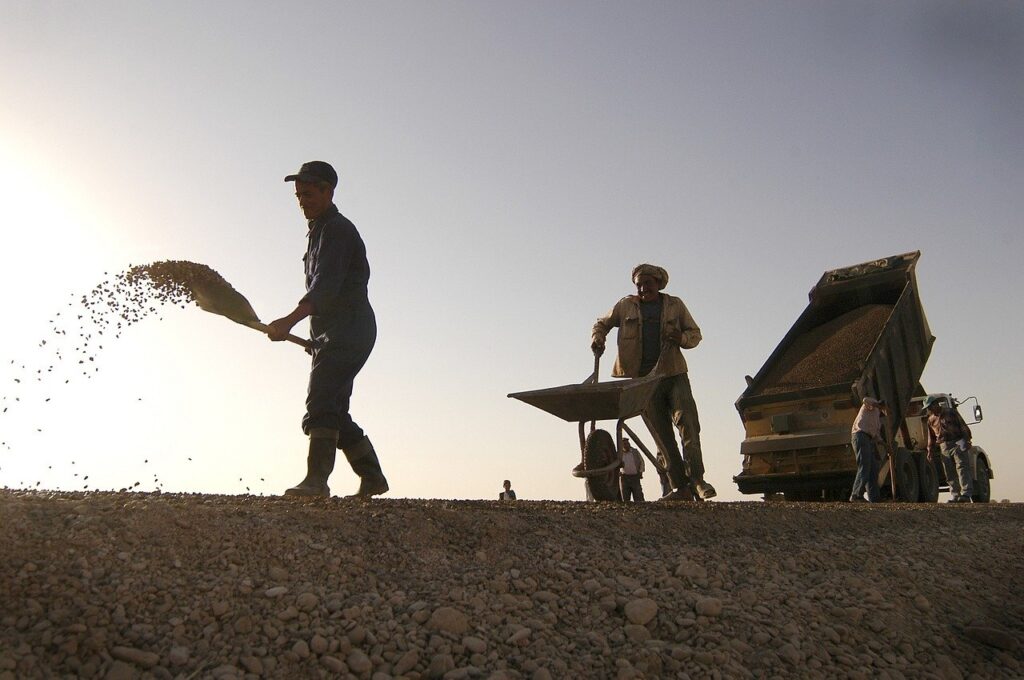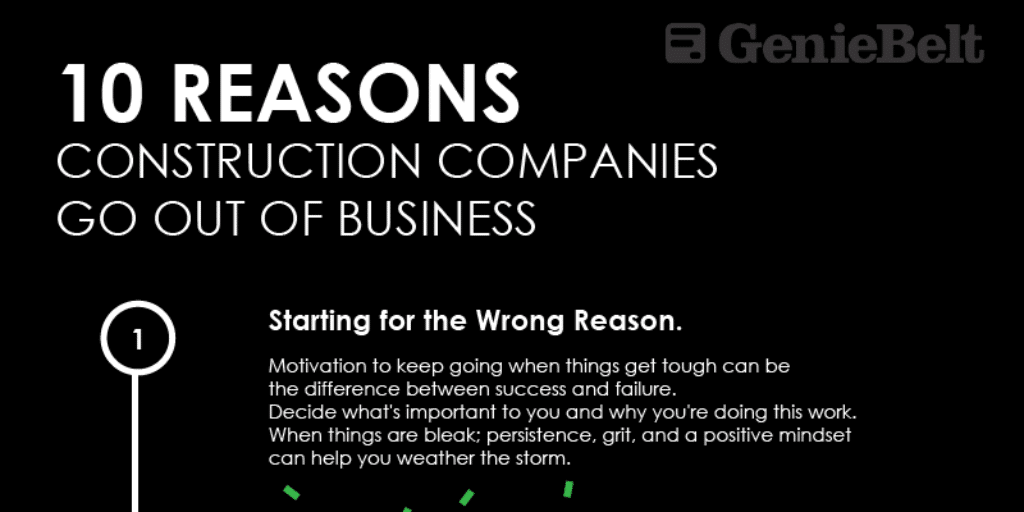There are certain items that every company uses for every construction project that they do, and they all fall under the general conditions category. However, in this field of work, those same items can also be delegated into a general requirements category.
It doesn’t really matter what a person calls these items, as they are all necessary, but there is one thing that every business needs to do with them and that is include them into the overhead costs for each project. Some businesses forget about these costs, as they are items that they are used to using each day no matter where they are. However, not including them into the overhead costs can keep any business from making a profit each year.
All your general conditions, or general requirements, charges can normally be placed on a separate line on a contract provision. If this is not possible on certain ones, it is recommended that companies spread the costs out over a few different line items, to make it easier to recoup the costs.
It is not always easy to remember which items can be justified as general conditions and general requirements, which is why we came up with this helpful list.
Here are the most common items that many companies include within their general conditions and general requirements:
The fee for pre-development
All the time that a company puts into creating an estimate, proposal, and the planning can be added up and included into the general conditions category. This is one of the main ones that businesses forget about all the time!
Utilities
A business uses quite a bit of electricity, heat, and water, plus they need to pay for internet and telephone lines. All those service costs add up, as do the costs for security and alarm systems. Some businesses do not even realize that portable toilets also need to be included in this section of the general conditions category!
Find here: Preconstruction phase in a project
Vehicles
All those vehicles that the crew uses to get to the job site, plus the gas, maintenance, and registration fees can be tallied up and included in this fee.
Dumpsters
Every construction site needs a dumpster to place garbage and debris in, which is why it should fall into the general requirements or general conditions lines. However, most companies forget to include the fee that they need to pay to dispose of their office garbage, even though it is a necessary part of doing business.
Storm water pollution prevention plan
Some job sites require companies to have a plan to prevent erosion, although companies should always have a plan in place in case something goes wrong. This plan normally includes the use of dust control systems, water trucks, and even hay bales. While companies may not need this plan on every project, it should still be included within the cost, as it could be necessary at some point and it is an overhead cost.
Tools and equipment
Every business has a ton of tools and equipment, because if they didn’t, they couldn’t do the job that they do! Those tools and the equipment need to be paid for somehow, and also replaced, when necessary. The cost of all those items can be included on the general conditions and general requirements line of an estimate.
Clean up
The clean up process at a job site is just as important as the rest of the work, because it prevents accidents from happening afterwards. After all, no business wants to be held liable because someone walking around barefoot stepped on a nail or someone else cut themselves picking up a piece of broken glass.
The lay-down yard
Not all materials and equipment can fit on a job site, because there usually isn’t enough space. That means that businesses need to utilize what is called a lay-down yard, which is just outside the site. The costs included in the lay-down yard are fencing, security, lighting, walkways, covered areas, and the equipment needed to unload the materials.
Office trailers
No one can do their work outside all the time at the job site, which is why they all have office trailers. These trailers give the workers space to access a computer and software that is needed to find out information about the job at hand. In addition to the cost of the trailers, this line item also includes office supplies, cleaning supplies, the office equipment, and the fences that are placed around the trailers.
All these items can be included within the general conditions lines of an estimate, but there are certain conditions when a customer may challenge those items or ask for evidence of the costs. Therefore, some businesses try to keep this line cost reasonable, so that they do not need to deal with gathering past bills and other evidence.
However, it is still necessary for companies to keep this number as realistic as possible, or they could find themselves losing money in the long-term.
It is recommended that companies tally up the overhead costs that they incur each year and then multiply that number by 365 days. They can then take the number of days that the project is going to take to complete and multiply that will the daily overhead costs. That number is usually good with both the company and the client.




